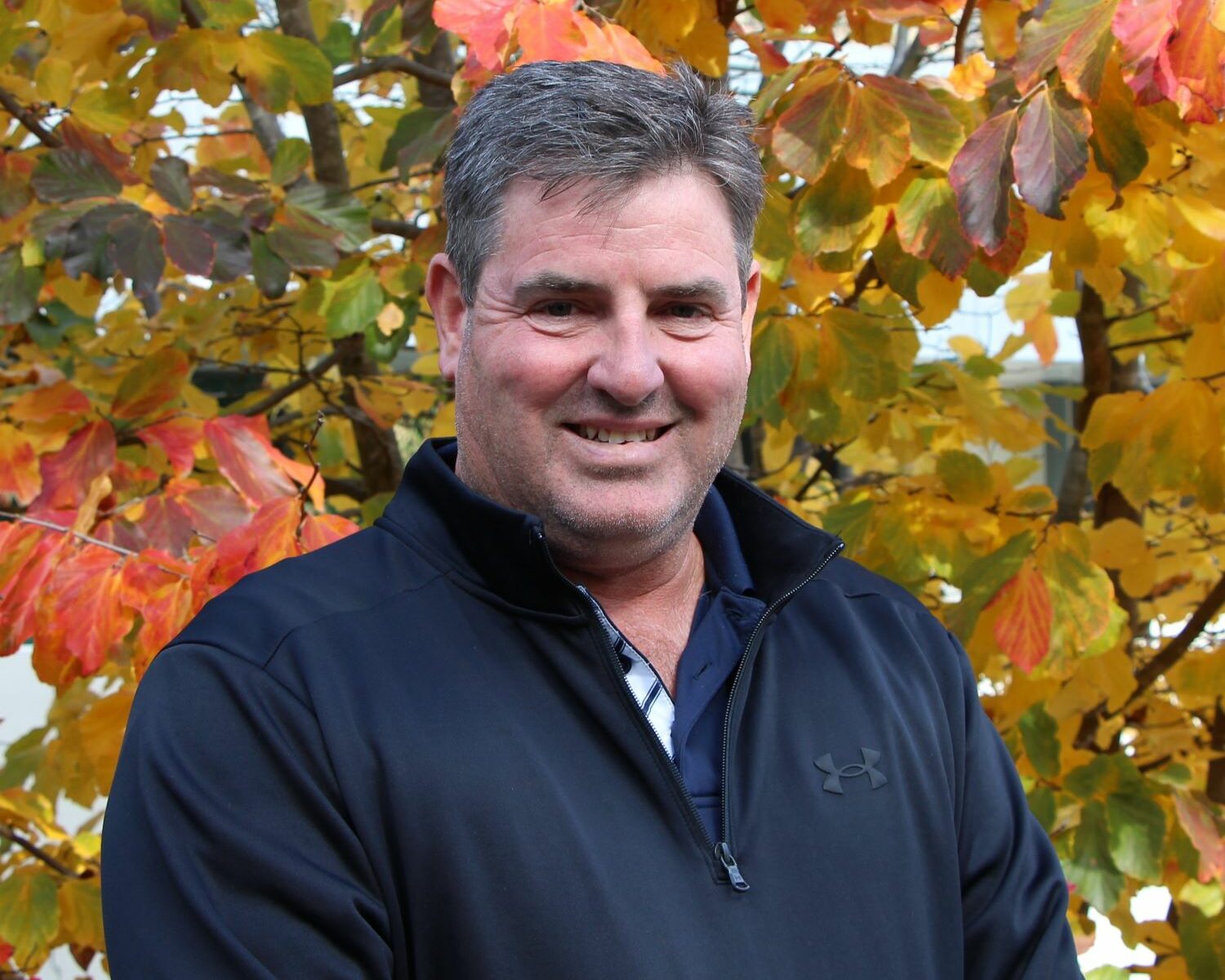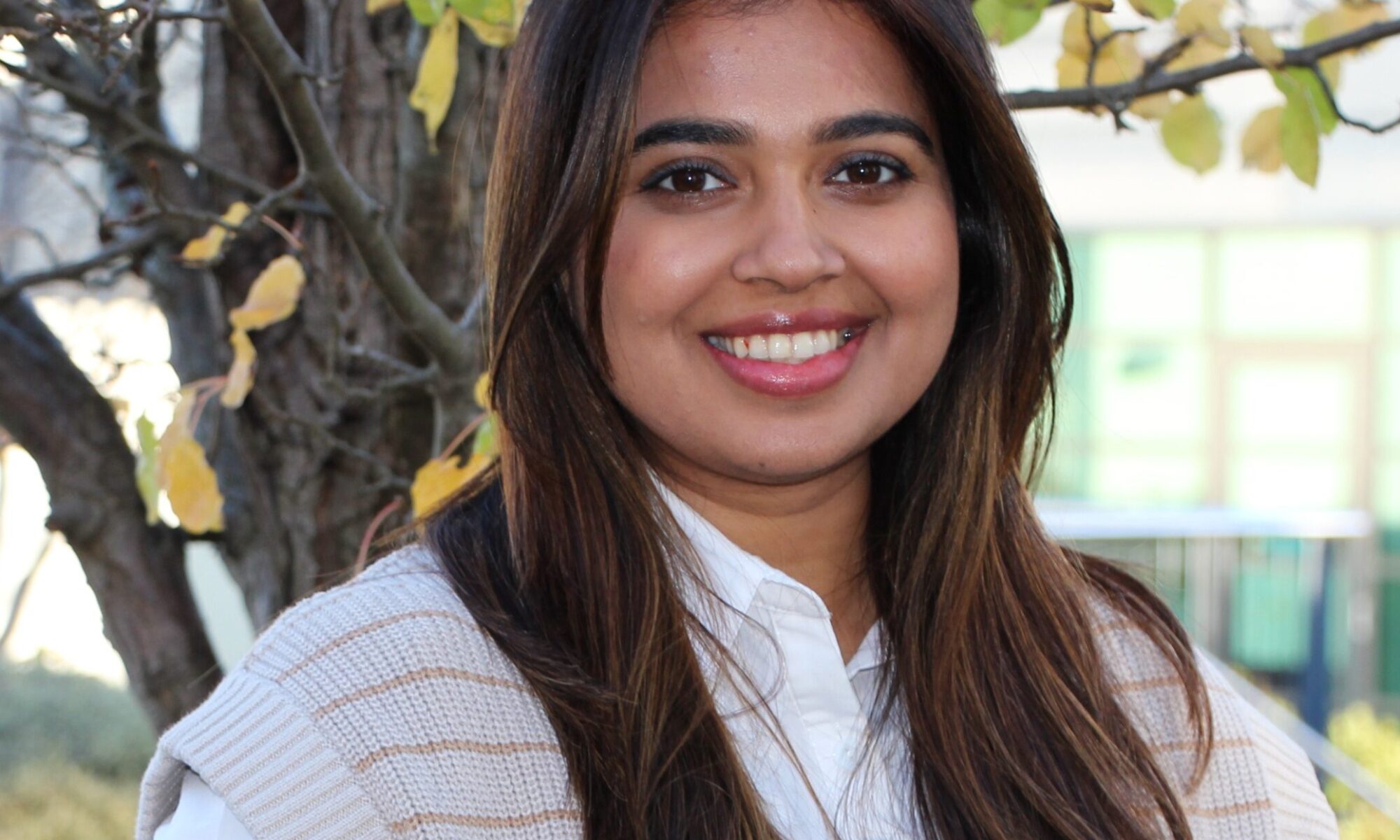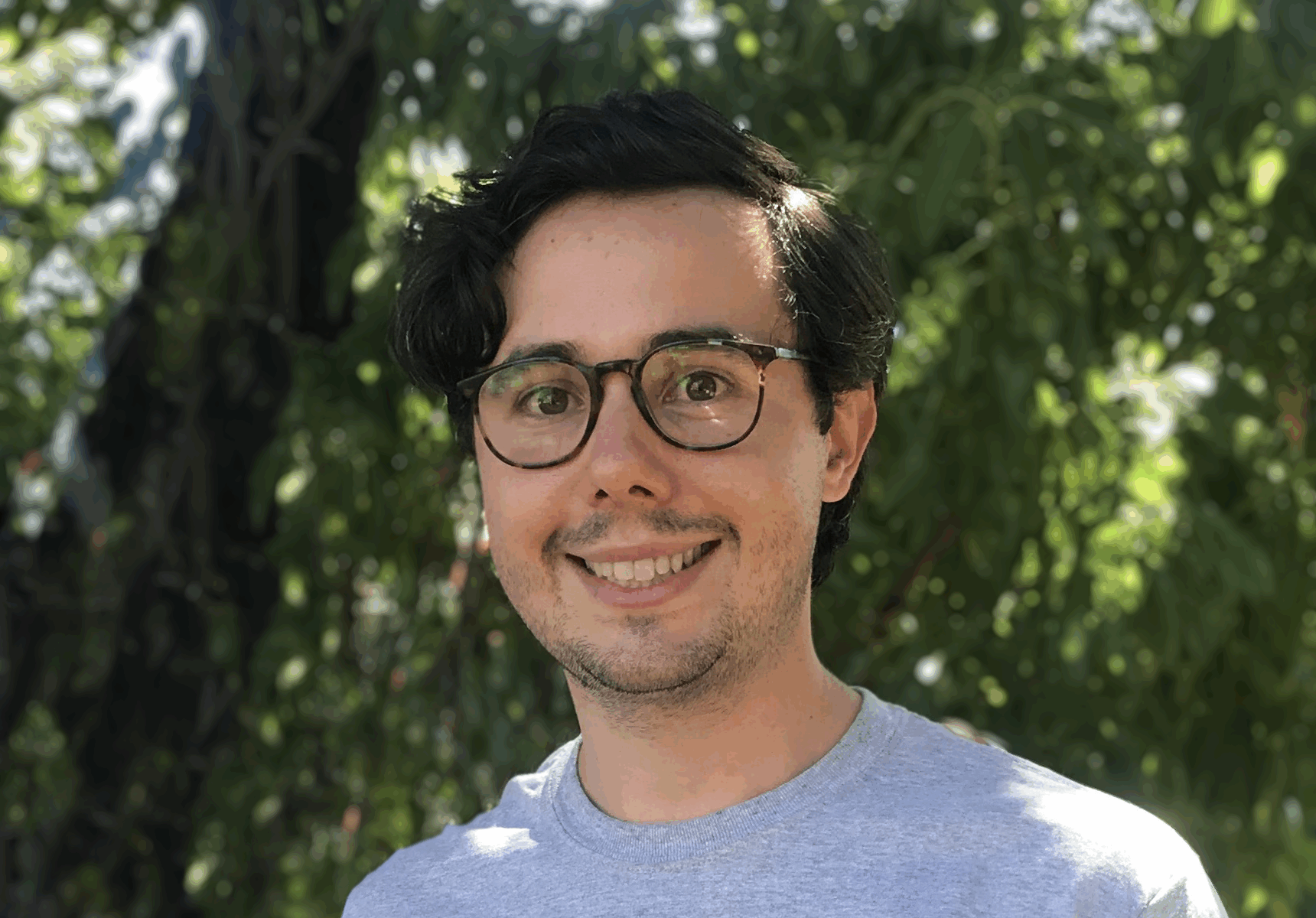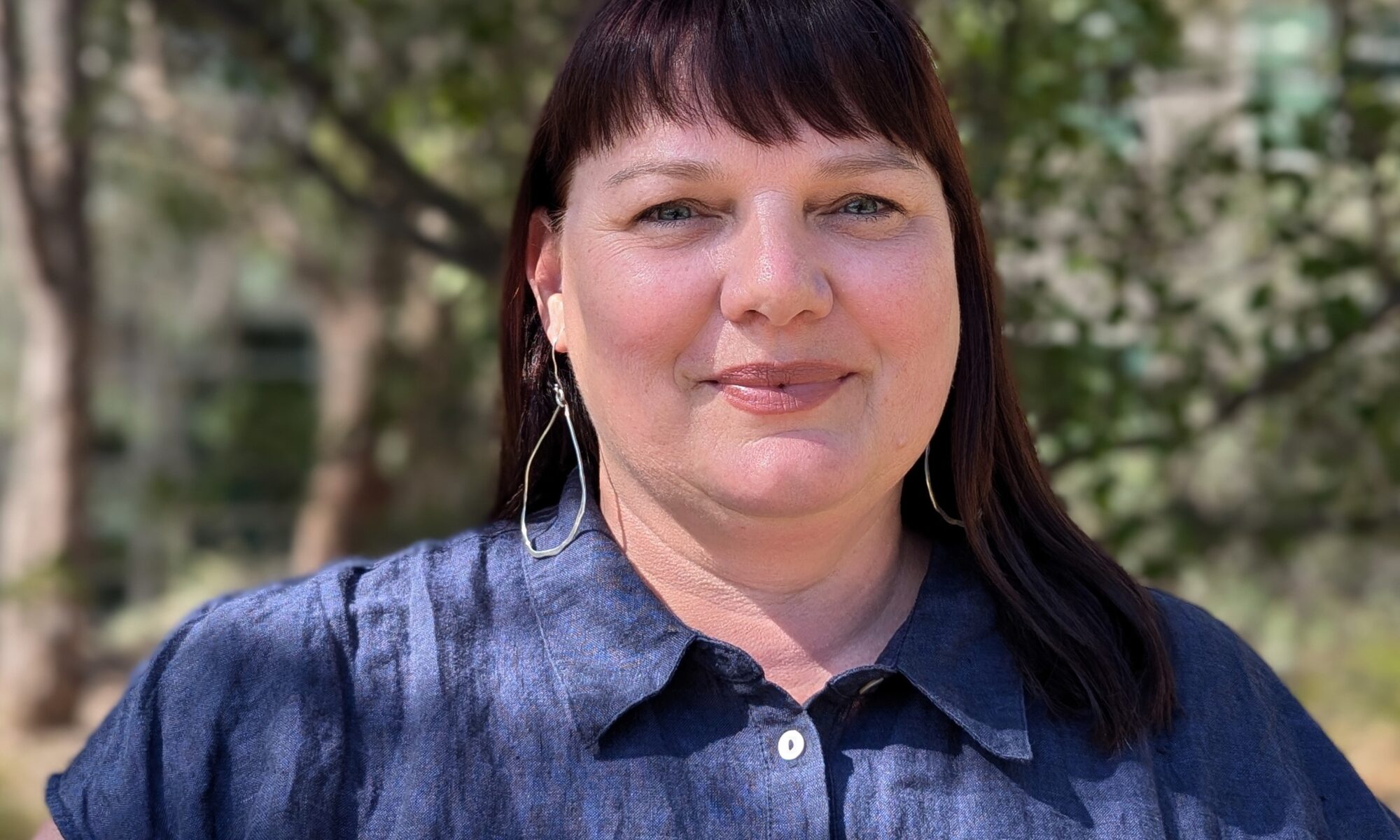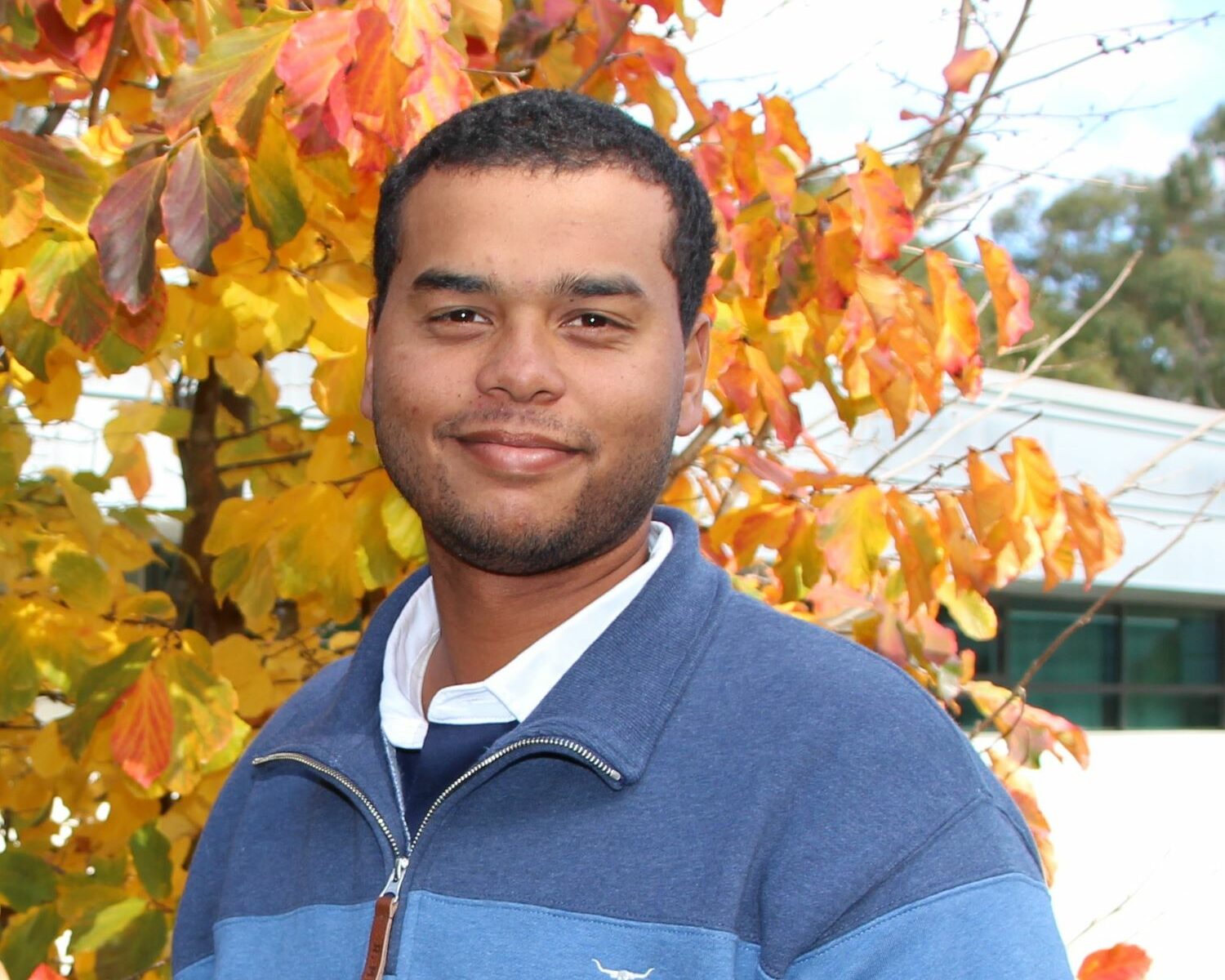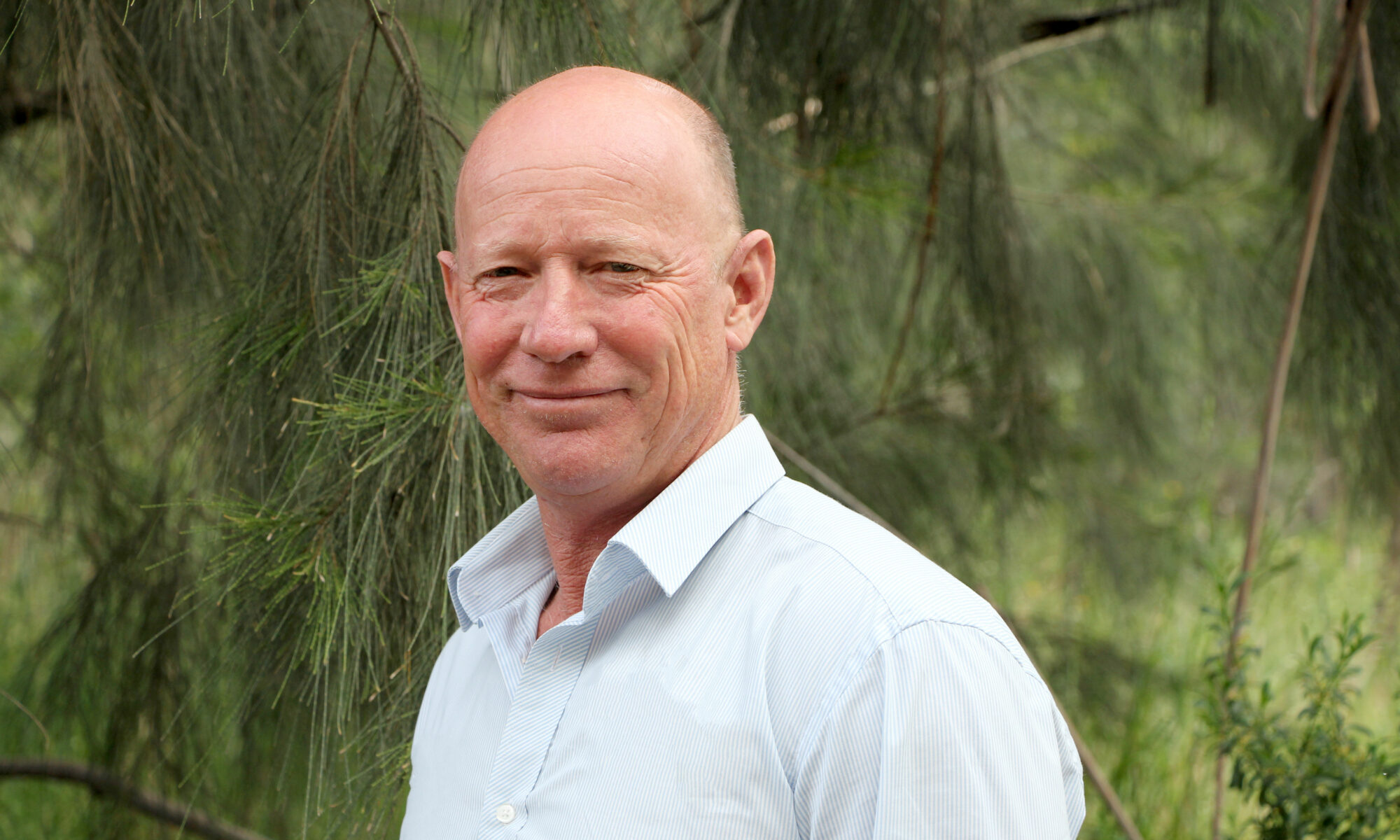Shan Southwell is the Finance and Office Manager of the Centre for Invasive Species Solutions and is responsible for the day to day finance and administration operations of the centre.
Shan has previously worked for organisations such as CARE Australia, The Australian Gas Association and Deloittes. Shan is a member of the Instituted of Chartered Accountants in Australia and New Zealand and has Bachelor of Accounting from the Canberra College of Advance Education and a Graduate Diploma in Management Sciences from the University of Canberra.
Bringing over 20 years’ experience in natural resource management, Darren Marshall heads up the Centre’s on-ground feral animal projects, specialising in feral pigs.
Darren has developed extensive experience in workshop facilitation to bring awareness of emerging risks, projects, legislation, and best practices control measures.
Using biophysical research to gain new insights into feral animal behaviour and humane control methods, Darren focuses management practices to safeguard both environmental values and agricultural productivity at landscape scale.
Darren is at the leading edge of this work as he completes a PhD (through a collaboration with the University of New England and the USA’s Penn State University) using biophysical research as a vehicle to motivate land managers to take collective action to address the feral pig issue in Australia.
Karen brings a firsthand appreciation of invasive species including blackberries, rabbits and foxes from her earliest days growing up on a dairy farm. Today, she’s an active Bushcare volunteer in her homebase of Wollongong, where she’s gained insights into the impact of both feral deer and environmental weeds.
She has a BA in Journalism from RMIT University and a Master of Business (Marketing) from The University of Wollongong.
Sreshti has experience in the social and education development sector in a fundraising, marketing and communications capacity. She is responsible for providing operational support and the delivery of CISS Communication and Marketing Plans.
Sreshti holds the following qualifications:
- BA (Hons) in Economics, The University of Manchester
- Master of Business Administration (Marketing), Macquarie Business School
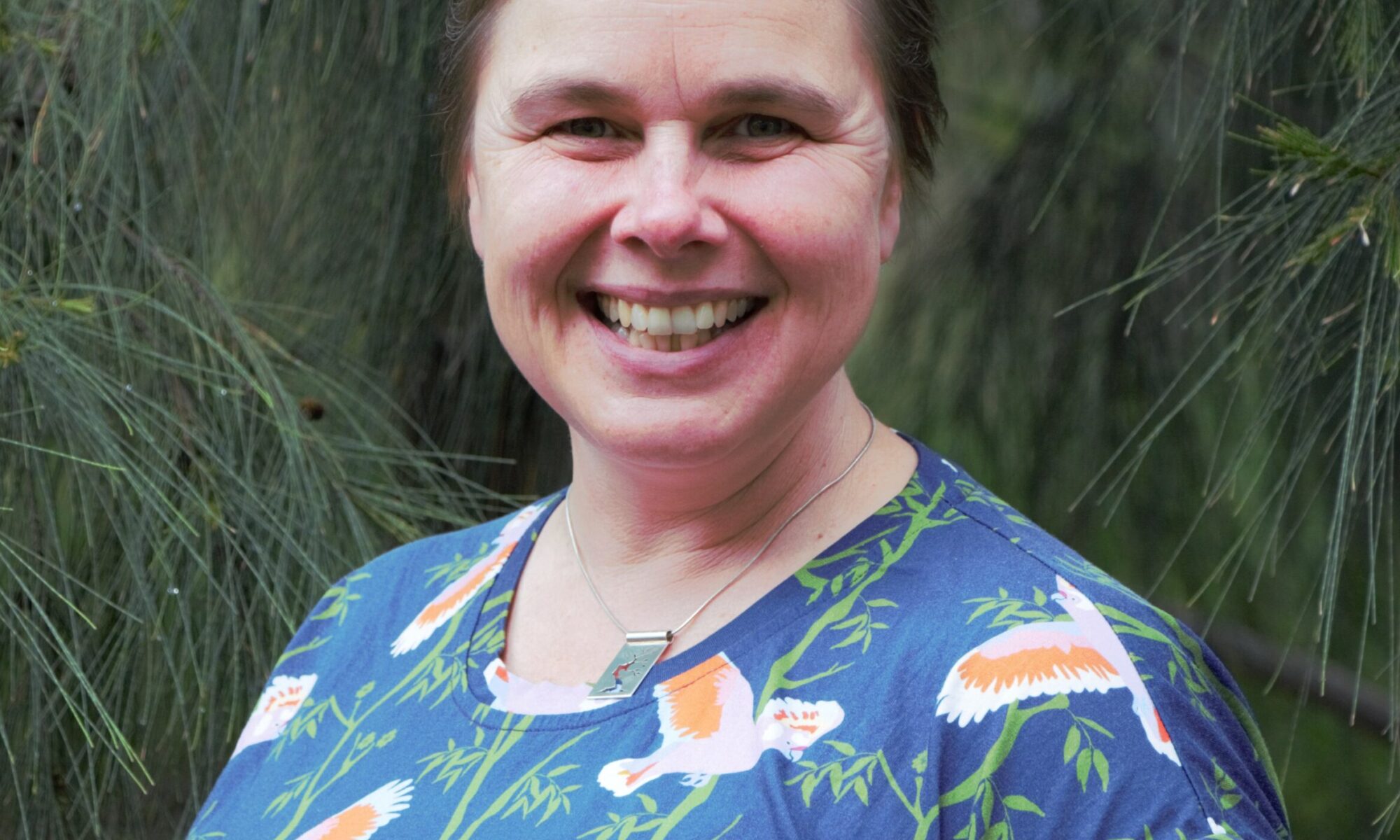
Gillian Basnett has been in the role of National Feral Cat and Fox Management Coordinator since its inception in early 2021. She has a background in community engagement, science communication, Landcare and natural resource management with extensive experience in wildlife ecology and management, and fire ecology. She has spent much of her career in positions that improve environmental conservation and sustainable agriculture through research, hands-on field work, education, engagement and empowerment of the community. Throughout, the management of cats and foxes have been a common theme.
Gill has extensive experience rolling out programs and projects focused on improving habitat, native vegetation regeneration and feral animal and weed control, by partnering with the community and local stakeholders. She has worked across several Australian States in a range of roles for government and non-government organisations as well as a private consultant.
Qualifications:
- Bachelor of Science (Resource and Environmental Management) – Australian National University
- Master of Environmental Science – University of Wollongong
- Master of Environmental Science (Research) – University of Wollongong
Tom is a nature enthusiast with a keen interest in invasive species control. He supports Gillian Basnett — the Centre’s National Feral Cat and Fox Management Coordinator — working on project communications and the development of extension materials for land managers, community groups, pest control professionals and biosecurity organisations.
Tom recently graduated from The University of Adelaide’s doctoral program where his research focused on investigating the relationship between brain blood flow and metabolism in birds and mammals.
Qualifications:
- Bachelor of Science majoring in Ecology and Zoology, The University of Adelaide
- Bachelor of Science (Hons) in Environmental Biology, The University of Adelaide
- Doctorate of Philosophy in Biological Science, The University of Adelaide
Heidi brings over 20 years of experience in the NRM industry, specialising in engagement and collaboration. She has extensive expertise in invasive species management, environmental water and project management, having worked across not-for-profit, private, local, and state government sectors.
Heidi served as the Victorian Rabbit Action Network (VRAN) Executive Officer at Agriculture Victoria from 2016 to 2023, where she led a participatory engagement process to enhance community capacity for managing rabbits across Victoria. In 2024, Heidi worked as a consultant, focusing on communications, partnership and stakeholder management. In addition to her work with CISS, Heidi is a member of Rabbit Free Australia and actively participates in the Australian Rabbit Managers Network. Her passion lies in fostering meaningful connections between people and the environment to achieve sustainable outcomes.
Qualifications:
- Bachelor of Applied Science (Environmental Science)
Greg Mifsud is the National Wild Dog Management Coordinator funded through the Centre for Invasive Species Solutions via a co-investment model that includes Wool Producers Australia, Australian Wool Innovation Ltd, Meat and Livestock Australia, Animal Health Australia, Sheep Producers Australia and the Cattle Council of Australia.
As a key member of the Centre’s Feral Animal Projects team, Lachlan Marshall brings significant natural resource management experience, with particular expertise in feral animal research and management.
With experience in managing and monitoring feral species at both property and regional level, Lachlan is a natural communicator able to engage and connect with stakeholders and landowners on the challenges of feral animal management to protect and build healthy ecosystems.
Qualification:
- Bachelor of Science majoring in Ecology and Conservation Biology, Griffith University
As the NE NSW Wild Dog Coordinator, Dave Worsley works to coordinate management of wild dogs in the region alongside wool and other livestock producers, public land managers, industry bodies, government departments and other stakeholders to reduce the impact of wild dog predation on livestock.






